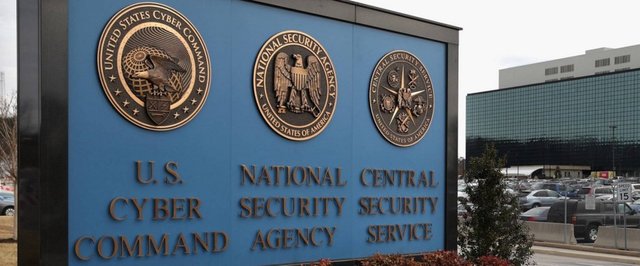How an Elevated US Cyber Command Could Transform the IT Security Industry
On August 18th, 2017 the White House issued a press release indicating US Cyber Command is to be elevated to the status of a Unified Combatant Command.
Currently a subsect of US Strategic Command, and led by the Director of the National Security Agency, USCYBERCOM will achieve the same level of autonomy and authority as the US Special Operations Command or US Central Command.
This decision is a signal of the increasing importance cybersecurity will play within the broader US defense and national security strategy. Here’s a quick breakdown of the impact this will have on the broader defense and national security community:
What is a Unified Combatant Command again?
The current system of US unified commands began during WWII to better organize and coordinate military operations in disparate geographic regions. For this reason, we have the US Pacific Command, European Command, Northern Command etc.
Since then, unified commands have become a way to structure and coordinate operations that require teams from across two or more service branches. For example, the first US Special Operations Command mission was a collaboration between the 160th Airborne Division, SEALs, and Special Boat Teams to ensure a fleet of neutral oil tankers and other merchant ships could safely transit the Persian Gulf during the Iran-Iraq War in 1987.
What is the current role of US Cyber Command?
Legally established in 2009 at the National Security Administration in Maryland, USCYBERCOM is a central command of cyberspace operations across the five military services — Air Force, Army, Coast Guard, Marine Corps, and Navy. Its mission is to strengthen Department of Defense (DOD) cyberspace capabilities and to integrate that expertise into military operations.
This can involve everything from the security and defense of DOD networks to the coordination of offensive military cyberspace operations.
How will USCYBERCOM’s elevation to Unified Command shape the way contractors and industry support cyberspace missions?
We sat down with Joy Shanaberger, CEO of the government affairs firm Boone Group, and former defense advisor in the office of the Undersecretary of Acquisition, Technology, and Logistics. Based on the recent White House announcement, she expects to see a shift in the way USCYBERCOM procures supporting technologies and services.
Streamlined Acquisition
Elevation to a Unified Combatant Command will give USCYBERCOM’s expanded power to expedite acquisitions where possible for mission critical technologies, services, and infrastructure. As the first technology based Unified Command, USCYBERCOM will require enough independence and authority to keep pace with a rapidly changing arsenal of tools and tactics. As such, we might see the authorization of an online marketplace for security related technologies and services.
Rules of Engagement for Cyberspace
Legal and ethical boundaries for offensive cyberwarfare have been hazy as US military teams deploy new and unconventional cyber tactics to achieve overarching national security objectives. With the elevation to a Unified Combatant Command, USCYBERCOMS will undoubtedly need to establish more robust and specific “rules of engagement” for missions and tactics involving cyberwarfare.
More Robust Evaluation Standards
As with any rapidly expanding industry, there will need to be an increase in standardization for technical specifications and acquisition requirements for cybersecurity products and services. Additionally, since USCYBERCOM will have the power to make expedited purchase decisions, the command will need to refine and deepen the way it assesses private sector solutions.
Attribution - published with permission from Boone Group
About Boone Group
Located in Washington, D.C., Boone Group provides research-driven government affairs strategies to companies operating in security sensitive environments. With backgrounds in aerospace, defense, and cybersecurity, Boone consultants help organizations achieve the political and regulatory will they need to implement powerful innovations.
Visit online at www.boone.group

In fact one of the underlying reasons for this change is the advancement in two strategic area's which pose a future threat to the U.S.
One is the military's use of Artificial Intelligence, and second is the advancement in robotics and non-linear symbiotic development, which includes tuning into humans emotional composure.
This degree of advancement combined with those in nano technology are projected to reach levels to pose a clear and present danger to the human population without stringent monitoring and controls put into place.
Unfortunately this realignment of responsibilities is already behind the curve in what could prove to be a literal technological revolt!
Thanks for the thoughtful comment. That is some scary stuff.
"Legally established" (?), in case you have conveniently forgotten Booz Allen has been around for about 100 yrs. Who is the parent company up the chain for Boone Group? And why is this promotional literature, celebrating more government bloating so important that you post it here?